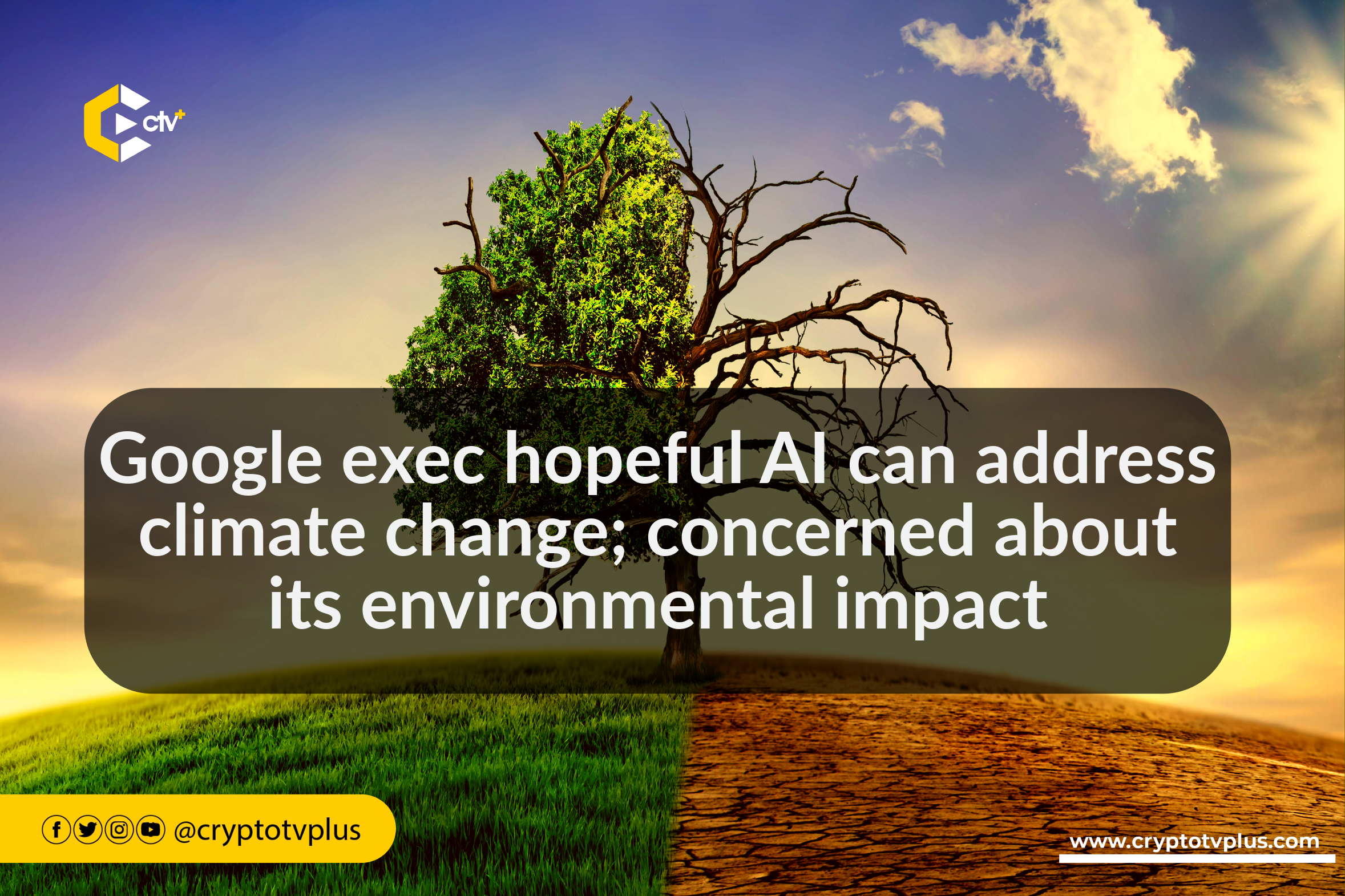News
Google exec hopeful AI can address climate change; concerned about its environmental impact

During the Wired Impact Conference in London, Sims Witherspoon, the Climate Action Lead at Google DeepMind expressed a hopeful view regarding AI’s potential to address the scientific and technological challenges of climate change.
Witherspoon, who believes in the role of AI in tackling environmental challenges, stresses the importance of approaching the problem with careful consideration and a nuanced understanding of the issues, emphasizing the need for thoughtful questioning and reflection.
In 2022, Google announced the merger of its Brain and DeepMind AI teams under a new umbrella called Google DeepMind.
Proposing a three-step framework for using AI to tackle climate change, Witherspoon suggests starting with understanding the problem, optimizing AI solutions, and accelerating deployment for meaningful change.
Witherspoon notes that various factors, including regulatory constraints, infrastructure limitations, data availability, and a lack of suitable partners, can limit the deployment of AI solutions for climate change.
According to Witherspoon, a collaborative approach involving academics, regulators, businesses, NGOs, and communities impacted by climate change is key to addressing the challenge with AI.
In 2021, Google DeepMind collaborated with the U.K. National Weather Service to analyze rainfall patterns in the U.K. using radar data and AI. For analyzing the rainfall data, Google DeepMind employed its Deep Generative Model of Rain (DGMR) model.
Witherspoon stated,
“We conducted a qualitative assessment involving 50 meteorological experts in the U.K. Met Office, and over 90% of them favored our methods—ranking them as their top choice over traditional methods,”
Sims underscores that the source code for the DGMR model and the methods used to verify its accuracy are publicly available. While recognizing AI’s potential in addressing climate change, Witherspoon stresses that it is not a magic solution, and AI is not a catch-all solution for all the challenges of climate change.
Witherspoon acknowledges that the computational power required for AI systems has an environmental impact and emphasizes the need for responsible deployment of AI, focusing on moving towards a carbon-free energy grid.
Boston University professor Kate Saenko has warned about the growing environmental footprint of AI systems like GPT-3. Researchers highlight that the computational power required to train GPT-3 is significant, with the training process emitting 552 tons of CO2 and consuming the equivalent energy of 123 cars driving for a year.
Read also: SBI Holdings partners with Circle for USDC circulation and web3 services
























